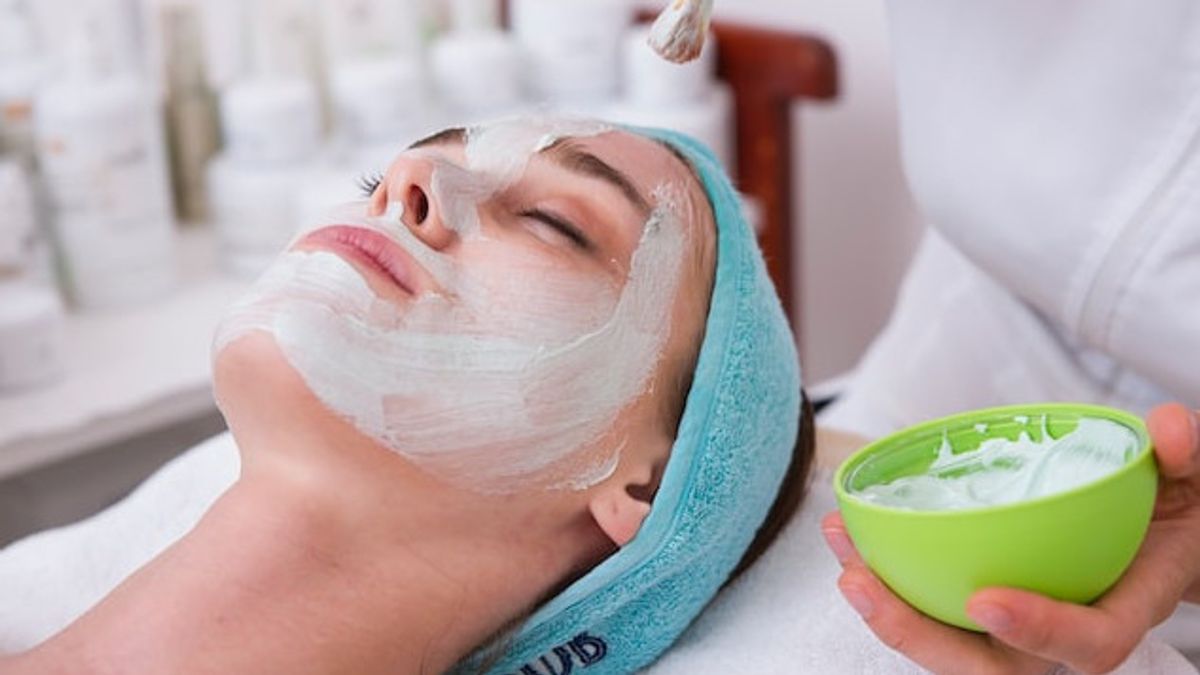JAKARTA - Dermaplanting was chosen by many beauty entrepreneurs because it is believed to make the skin smoother to fade acne scars. Launching WebMD, Tuesday, January 10, dermaplanting is an exfoliating skin treatment by using a surgical knife to remove the top layer of the skin.
Dermaplaning is different from dermabration, where a beauty or doctor uses a high-speed rotating brush to peel the skin. In dermaplaning, experts use a surgical knife or a device called a dermatom. Doctors or beauty experts drive a dermatom, which looks like an electric shaving knife, slowly to erode the upper layer of the dead skin.
This facial treatment with dermatining technique makes your skin brighter and smoother. This treatment can soften fine lines and wrinkles and relieve hyperpigmentation. This technique is also used to treat acne scars. The effectiveness of this treatment is determined from the type and color of the skin, as well as your medical history.
Dermaplanting does not cause irritation. It's just that the short-term side effects that you may experience are red skin and swelling due to friction, pain, burning sensation or tingling for 48 hours after treatment. Some people may be afraid to do this treatment for fear that the hair on the face will grow thicker. In fact, the hair around your face will not grow back thicker than before.
Dermaplanting techniques are not recommended for people with skin problems such as rosacea, psoriasis, eczema, sunburn, and at the time of inflamed acne. If you take isotretinoin, the prescription drug used to treat severe acne, you have to wait 6 months after stopping drinking it to try dermaplanting.
The English, Chinese, Japanese, Arabic, and French versions are automatically generated by the AI. So there may still be inaccuracies in translating, please always see Indonesian as our main language. (system supported by DigitalSiber.id)









